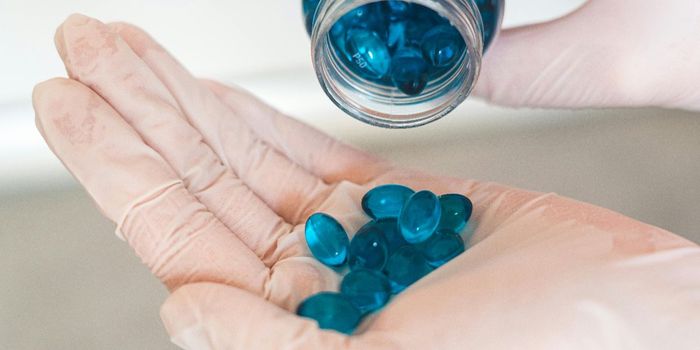Contact is Crucial for Newborn Brain Development
New parents often do not know exactly what to expect when caring for a newborn. Feeding schedules, development, sleep cycles, and the daily duties of parenthood can add up to stress.
Research shows that babies have stress as well, but the best thing for them is probably something that will help new parents chill out as well. Babies do not see that well in the first few weeks of life; they depend on other senses, one of which is touch. To find out more about how babies experience being held and touched, researchers at the Nationwide Children's Hospital in Ohio created a study to measure brain responses to contact.
The study cohort included 125 babies, some who were full-term and some who were premature. Especially in babies who are born before 35 weeks, touch can be critical because preemies spend so much time in NICU rather than with parents. The WHO figures show that there are 15 million premature births worldwide, each year, so finding a way to help babies develop safely is crucial.
Dr. Nathalie Maitre, MD, Ph.D., is a neonatologist and developmental specialist and the Director of the NICU Follow-up Program at Nationwide Children's Hospital. She explained, "Making sure that preterm babies receive positive, supportive touch such as skin-to-skin care by parents is essential to help their brains respond to gentle touch in ways similar to those of babies who experienced an entire pregnancy inside their mother's womb. When parents cannot do this, hospitals may want to consider occupational and physical therapists to provide a carefully planned touch experience, sometimes missing from a hospital setting."
The researchers enrolled 125 babies in total. Preemies were considered those children born at the gestational age of 24 to 36. Full-term infants were those born at 38 to 42 weeks. Before going home with their parents, the babies underwent EEG scans using a tiny EEG net on the infants' heads to measure brain responses to a puff of air, which simulated a gentle touch.
The data showed that preterm babies were more likely than full-term babies to have a reduced brain response to the puff of air. This wasn't unexpected since preterm babies are a bit behind in typical brain development and other milestones. When the readings were further examined, the results were that NICU babies who were able to spend time with their parents, experiencing gentle touch and skin-to-skin contact showed more robust EEG readings.
While contact was good for the babies, painful events like blood draws, or other medical procedures impacted the child's ability to respond to gentle touches after going home. The more stressful procedures a baby underwent, the weaker brain responses to touch were. Even though babies are given medication for many of these procedures, the pain and stress do still negatively affect brain responses. Given how important touch is to newborns, the research team hopes their findings will help professionals improve protocols in neonatal intensive care units.
Sources: Nationwide Children’s Hospital BabyGaga Current Biology World Health Organization









